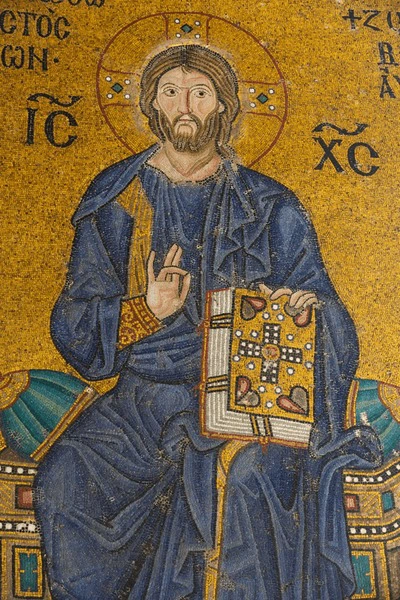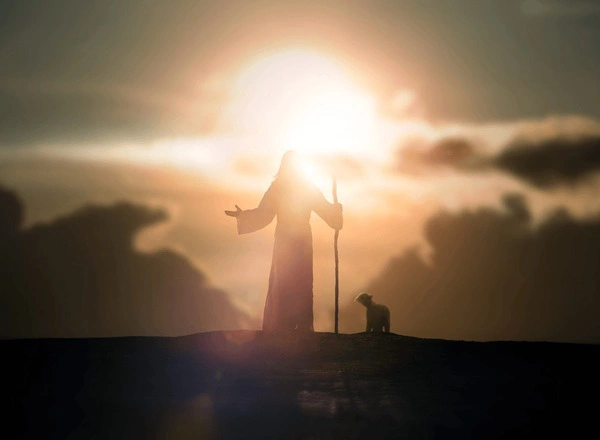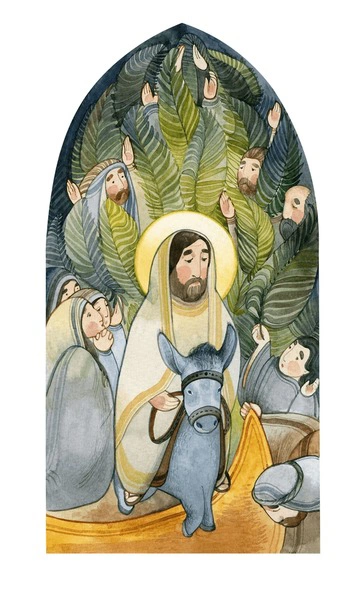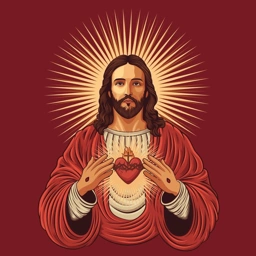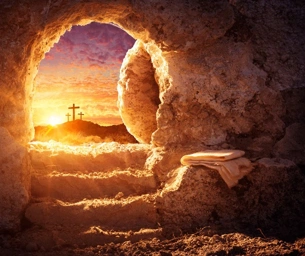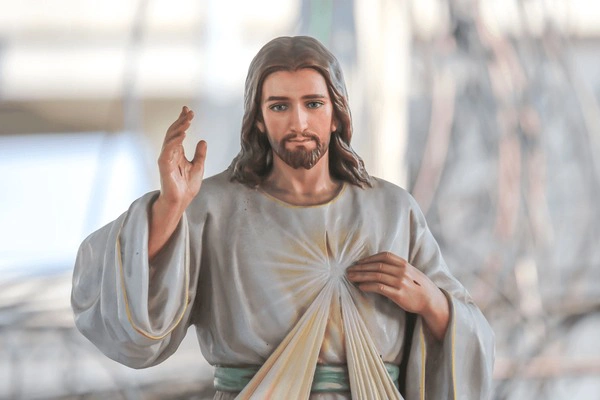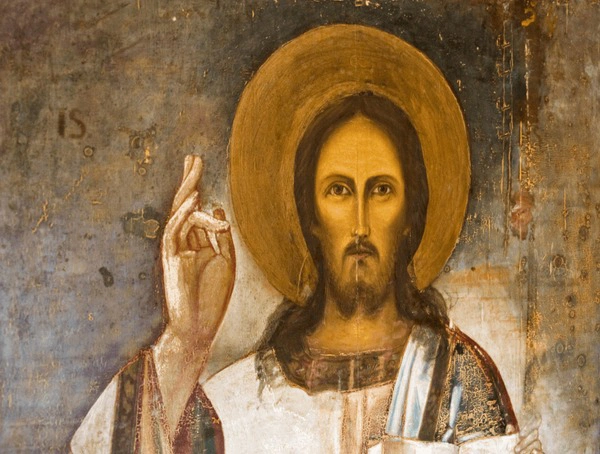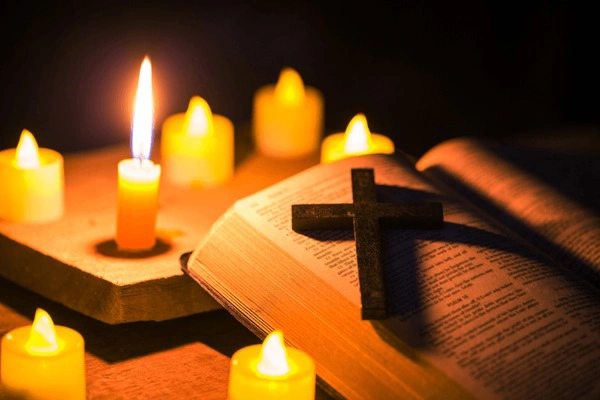
10 Prophecies Fulfilled by Jesus in Matthew

In the Gospel of Matthew, Jesus' life and ministry fulfill ancient prophecies, affirming His identity as the Messiah. These fulfillments provide a profound understanding of God’s plan for salvation and offer hope and purpose for believers. From His miraculous birth to His sacrificial death, each prophecy points to Jesus as the Savior, inviting us to embrace faith and live out God's promises.
Sarah Mitchell
01/12/2024 - 19 seconds ago
10 - The Betrayed Shepherd
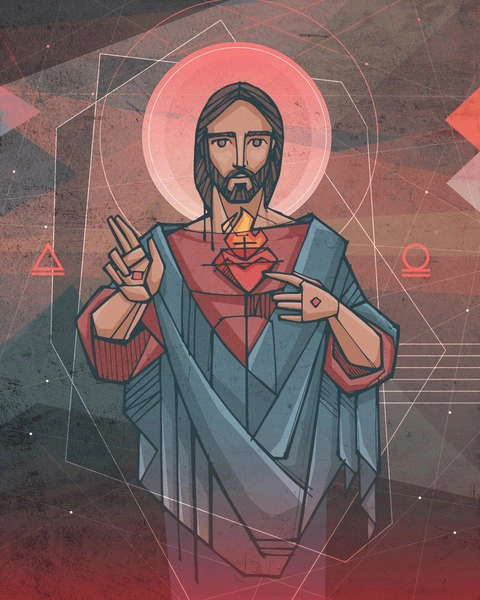
Matthew 26:14-16 narrates Judas Iscariot's betrayal of Jesus for thirty pieces of silver, fulfilling the prophecy in Zechariah 11:12-13. This betrayal highlights the theme of rejection and the cost of human sinfulness.
Judas' betrayal, foretold centuries earlier, underscores the heartache Jesus endured as part of His mission. This prophecy fulfillment reveals the depths of God's love, as Jesus willingly faces betrayal to fulfill His redemptive purpose.
For believers, this event serves as a somber reminder of the consequences of sin and the price Jesus paid for our forgiveness. It calls us to examine our own hearts and to remain faithful to Christ, who never abandons us.
9 - Entry into Jerusalem
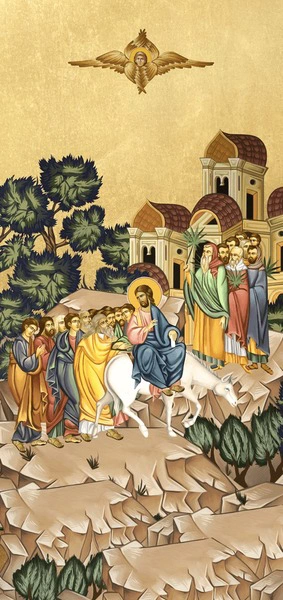
Matthew 21:4-5 describes Jesus' triumphant entry into Jerusalem on a donkey, fulfilling Zechariah 9:9. This prophecy foretells a king coming in humility, bringing salvation.
This momentous event, celebrated as Palm Sunday, marks Jesus' public declaration as the Messiah. The fulfillment of this prophecy emphasizes His role as a humble King who brings peace, not by force, but through love and sacrifice.
Believers are invited to reflect on the contrast between worldly power and Jesus' humble kingship. It encourages us to embrace humility and to follow Jesus' example of servant leadership in our own lives.
8 - Parables and Teaching
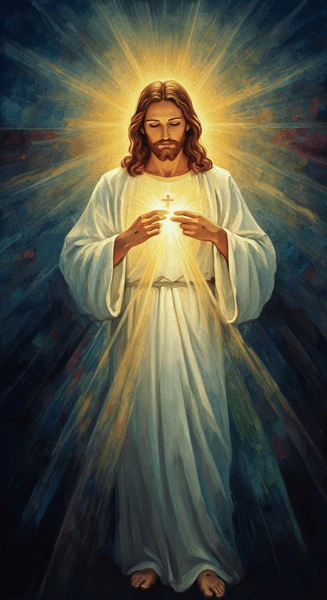
Matthew 13:34-35 notes that Jesus spoke to the crowds in parables, fulfilling the prophecy in Psalm 78:2. This method of teaching was prophesied as a way to reveal hidden truths about God's kingdom.
Parables were a powerful tool in Jesus' ministry, using everyday situations to convey deep spiritual truths. This fulfillment highlights Jesus' role as a wise teacher who reveals God's mysteries to those willing to listen.
For believers, parables offer timeless lessons that invite reflection and deeper understanding. They challenge us to seek wisdom and discernment, encouraging us to apply God's truths to our daily lives.
7 - Healing the Brokenhearted
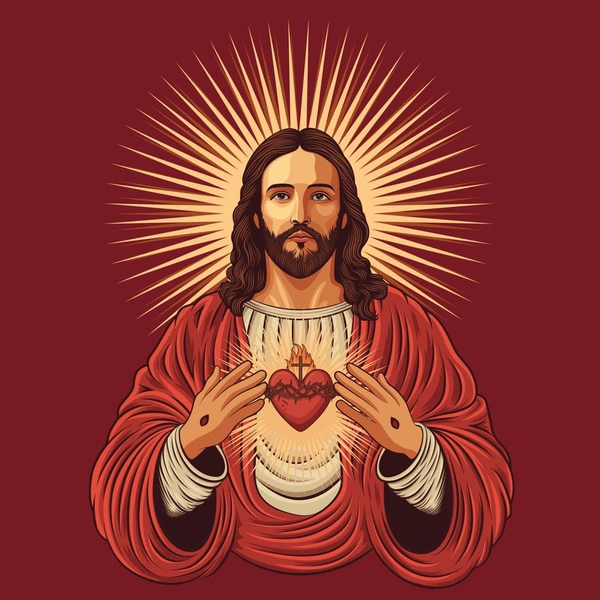
In Matthew 8:16-17, Jesus heals the sick and casts out demons, fulfilling Isaiah 53:4. This prophecy describes the Messiah as one who takes up our infirmities and carries our sorrows, showcasing Jesus' compassion and power.
Jesus' healing ministry demonstrates His authority over physical and spiritual ailments. His actions fulfill the prophecy of a Savior who not only sympathizes with our pain but actively works to restore us.
Believers are reminded of Jesus' ongoing healing presence in our lives. This fulfillment encourages us to seek Jesus in our brokenness, trusting in His power to heal and restore our hearts and lives.
6 - Ministry in Galilee

Matthew 4:13-16 recounts Jesus' move to Galilee, fulfilling Isaiah 9:1-2. This prophecy speaks of a great light shining in the darkness, which Jesus embodies through His teachings and miracles in Galilee.
Galilee becomes a pivotal region for Jesus' ministry, where He performs miracles and gathers His first disciples. The fulfillment of this prophecy emphasizes the spread of God's light to a world in need of hope.
In our faith journey, Galilee represents the places where God can use us to shine His light. It challenges believers to carry the light of Christ into every corner of their lives, bringing hope and healing to those around them.
5 - A Voice in the Wilderness
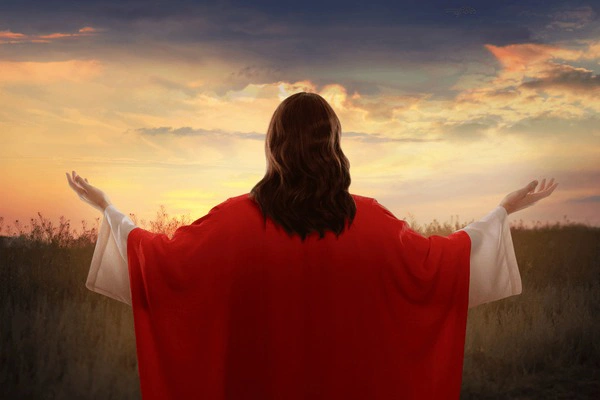
Matthew 3:1-3 introduces John the Baptist, who fulfills Isaiah 40:3 by preparing the way for Jesus. John, described as a voice crying in the wilderness, calls people to repentance, paving the way for Jesus' ministry.
John's role as a forerunner underscores the importance of preparation and repentance. His message of baptism and repentance sets the spiritual stage for Jesus to bring salvation and healing.
Believers are encouraged by John's example to prepare their hearts for Jesus' work in their lives. It calls us to examine our lives, repent, and make room for the transformative power of Christ.
4 - Herod's Massacre of the Innocents
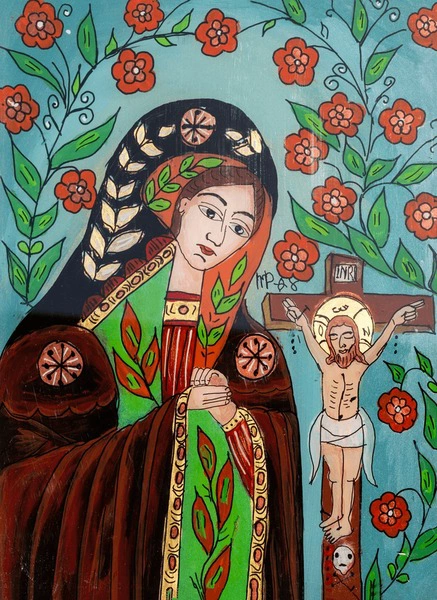
The tragic event known as the Massacre of the Innocents, recorded in Matthew 2:16-18, fulfills the prophecy from Jeremiah 31:15. King Herod, in his attempt to kill Jesus, orders the execution of all male children in Bethlehem aged two and under. This sorrowful event is a reflection of the pervasive darkness confronted by Jesus.
This prophecy fulfillment demonstrates the stark contrast between the world's cruelty and the hope Jesus brings. It highlights the reality of suffering and the need for a Savior who brings comfort and justice.
For modern believers, this event encourages empathy and compassion for those who suffer. It serves as a reminder of the brokenness of the world and the light that Jesus, the Prince of Peace, brings to those in mourning.
3 - Called Out of Egypt
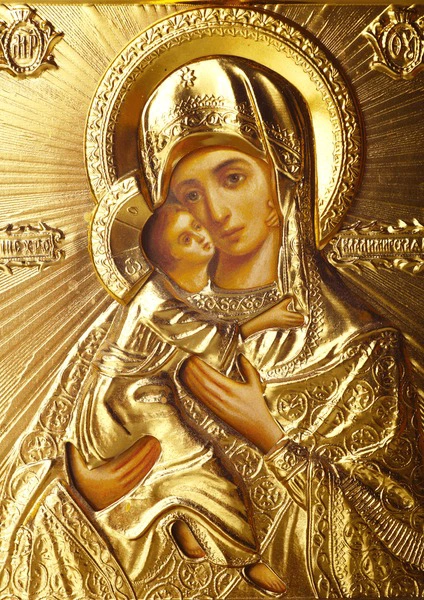
Matthew 2:14-15 describes how Jesus' family fled to Egypt to escape King Herod's decree, fulfilling Hosea 11:1, which states, 'Out of Egypt I called my son.' This prophecy highlights the parallel between Jesus and the history of Israel, as both emerged from Egypt to fulfill God's purposes.
The journey to Egypt signifies God's protective hand over Jesus, ensuring His mission would be completed. This fulfillment illustrates God's sovereignty over historical events, orchestrating them to align with His eternal plan.
For believers, the call 'out of Egypt' symbolizes deliverance and redemption. It invites us to reflect on our own journeys of being called out of bondage into the freedom found in Christ. It reassures us of God's faithfulness to guide and protect us along our spiritual paths.
2 - Born in Bethlehem

The Gospel of Matthew records that Jesus was born in Bethlehem, fulfilling the prophecy from Micah 5:2. In Matthew 2:1-6, the wise men from the east seek the newborn King, guided by the star, which leads them to Bethlehem. This small town was prophesied to be the birthplace of a ruler who would shepherd God’s people, Israel.
Bethlehem, though seemingly insignificant, plays a crucial role in biblical prophecy. The fulfillment of this prophecy underscores God's precision and intentionality in His plans. It conveys that God can use the humble and overlooked to achieve His divine purposes.
Believers find hope in the story of Bethlehem, as it reminds us that God is mindful of the small and ordinary. It encourages us to see the potential for greatness in humble beginnings and to trust that God is working even in the most unlikely circumstances.
1 - Born of a Virgin
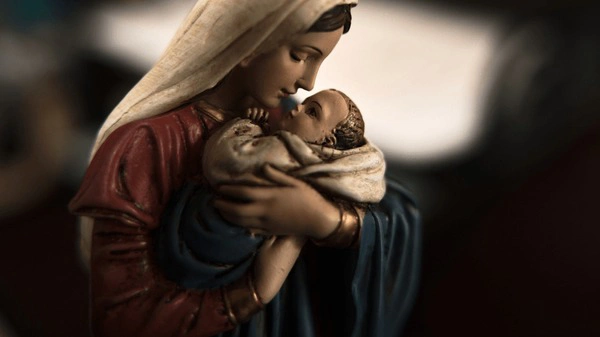
In the Gospel of Matthew, one of the first prophecies fulfilled by Jesus is His birth to a virgin, as stated in Matthew 1:22-23. This event fulfills the prophecy from Isaiah 7:14, which foretold that a virgin would conceive and give birth to a son named Immanuel, meaning 'God with us.' This miraculous birth signifies the divine nature of Jesus and sets the stage for His earthly ministry.
The prophecy of Jesus' virgin birth highlights God's plan for salvation. By entering the world in such a miraculous way, Jesus' birth serves as a powerful testament to His divine origin and purpose. This fulfillment assures believers of the authenticity of Jesus as the promised Messiah.
The virgin birth is a cornerstone of Christian faith, symbolizing purity, divine intervention, and the fulfillment of God's promises. It inspires believers to trust in God's plan, even when circumstances seem impossible. This miracle reminds us that with God, all things are possible.


